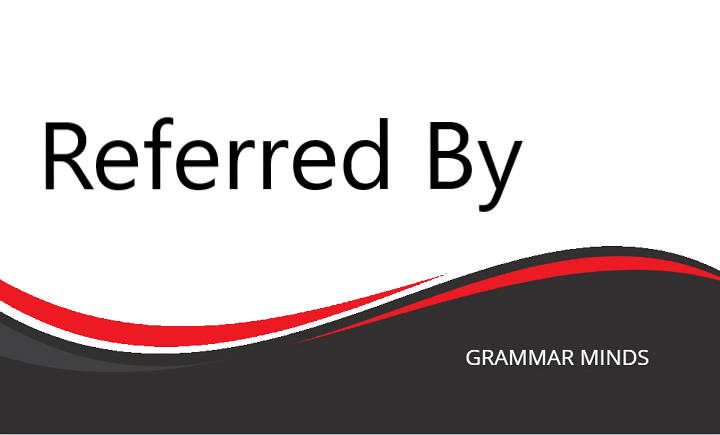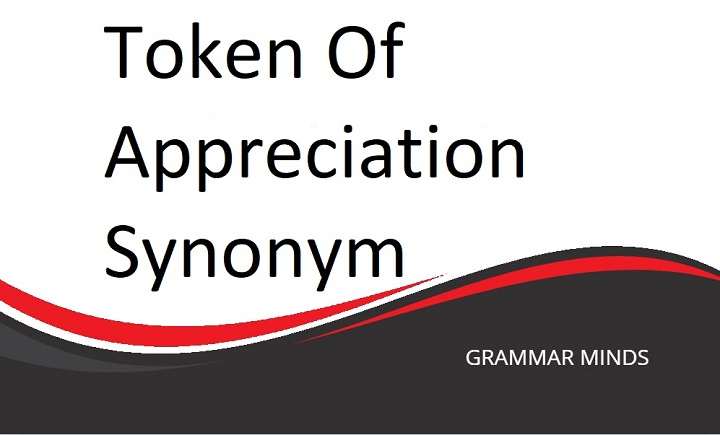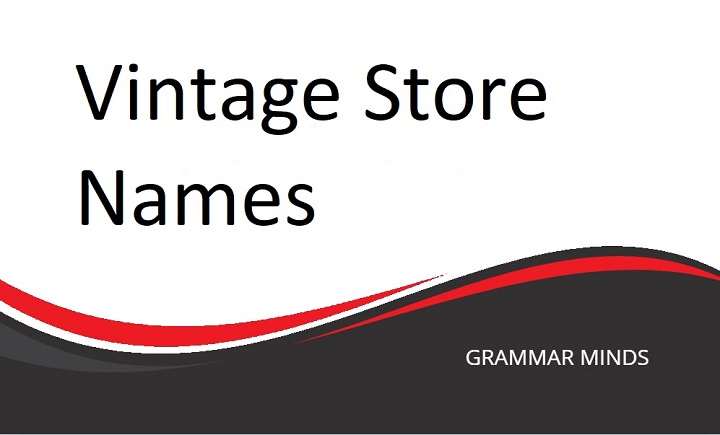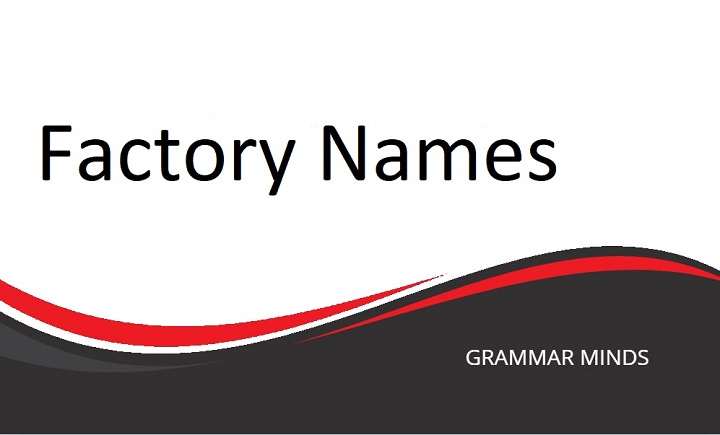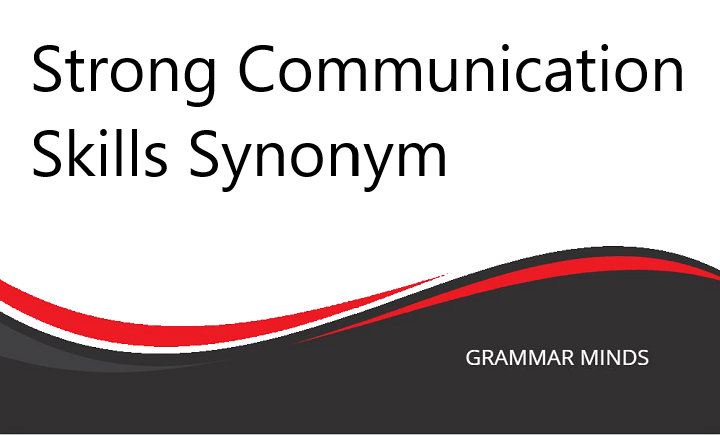Do you find yourself using the phrase “referred by” repeatedly? Whether you’re writing emails, discussing projects, or navigating professional conversations, the term “referred by” can sometimes feel a little overused. While it’s perfectly accurate and clear, there are times when switching things up can enhance your communication.
If you’re tired of repeating “referred by” in your professional or personal life, don’t worry! We’ve compiled a handy list of alternative phrases to add variety to your conversations. These expressions can help you avoid redundancy while keeping your communication crisp and professional.
Other Ways to Say “Referred By”
When you want to diversify your language but still convey the same message, here are 10 great alternatives to “referred by” that you can use to sound fresh and engaging:
- Recommended by
- Introduced by
- Suggested by
- Connected by
- Directed by
- Mentioned by
- Put forward by
- Sourced through
- Cited by
- Named by
Each phrase brings its unique tone and style, perfect for different contexts, whether formal or informal.
Key Notes
The phrase “referred by” is grammatically correct and suitable for both formal and informal situations. However, it can sometimes feel basic and overly formal, especially when used frequently in the same conversation or email thread.
- You can use “Recommended by” for more personal or informal conversations, particularly when speaking to friends or colleagues in casual settings.
- “Introduced by” is a great formal alternative to “referred by” in situations where you’re writing professional emails or meeting new people through a business connection.
These alternatives offer flexibility in tone, ensuring you strike the right balance in communication, whether in a work environment or casual chat.
Recommended By
Usage:
If you’re looking for a more versatile and slightly informal way to say “referred by,” try using “Recommended by.” This phrase has a more personal touch, making it perfect for both professional and informal situations. It’s ideal when someone has positively endorsed a product, service, or person.
Example (in an email):
Dear [John],
Thank you for reaching out. I understand that you were recommended by one of our trusted partners, and I’m happy to assist with your request.
Looking forward to working with you!
Best regards,
[Your Name]
Introduced By
Usage:
A more formal and professional alternative to “referred by” is “Introduced by.” This phrase works well when someone makes a connection between two parties, especially in formal networking or business meetings.
Example (in an email):
Dear [Jane],
I was introduced by [Mr. Smith] to your company, and I’m interested in learning more about your services. I’d appreciate the opportunity to set up a meeting at your convenience.
Thank you for your time,
[Your Name]
Suggested By
Usage:
When someone casually points you in the direction of a person or service, “Suggested by” is a suitable and slightly more informal alternative. It’s less direct than “referred by,” making it appropriate for recommendations in both personal and professional conversations.
Example (in a conversation):
Hey [Sarah],
I was suggested by [Mike] to check out that new coffee shop downtown. Wanna go this weekend?
Connected By
Usage:
If you want to emphasize the establishment of a direct link between people, “Connected by” is a smooth and professional alternative. It’s suitable for both networking and personal conversations where an introduction has been made through a mutual contact.
Example (in an email):
Dear [Anna],
I’m reaching out as we were connected by [Mr. Jones], and I’d love to explore collaboration opportunities between our companies.
Best regards,
[Your Name]
Directed By
Usage:
If you’ve been given instructions to follow up or contact someone, “Directed by” is a great formal alternative to “referred by.” It’s clear and to the point, making it ideal for business-related emails or conversations.
Example (in an email):
Dear [Mark],
I was directed by [Mr. Thompson] to follow up with you regarding the project details. Please let me know when would be a good time to discuss further.
Looking forward to your response,
[Your Name]
Mentioned By
Usage:
When someone has casually brought up your name or referred to you in passing, “Mentioned by” can serve as a less formal alternative. This phrase works well for both professional and informal settings, depending on the context.
Example (in a conversation):
Hey [Jake],
You were mentioned by [Alex] during our meeting yesterday. He said you’d be a great fit for the project!
Put Forward By
Usage:
When someone has actively advocated or nominated you, “Put forward by” is a polished and professional alternative. It’s excellent for formal introductions or references, especially in business contexts.
Example (in an email):
Dear [Samantha],
I’m reaching out as I was put forward by [Ms. Adams] for the marketing manager position, and I’d love the opportunity to discuss further.
Kind regards,
[Your Name]
Sourced Through
Usage:
For situations where the referral is more transactional or systematic, “Sourced through” provides a formal alternative. It works well in professional conversations, particularly in industries like finance, real estate, or services.
Example (in an email):
Dear [Mr. Johnson],
Your contact was sourced through our network, and I’d like to discuss potential collaboration.
Best regards,
[Your Name]
Cited By
Usage:
If you’re working in a more academic or research-based environment, “Cited by” is a formal and specific phrase that could replace “referred by.” It’s particularly useful when someone’s work or name has been referenced as a source.
Example (in an academic context):
Dear [Professor Lee],
Your work on [topic] was cited by several colleagues, and I would love to explore potential collaboration on a similar research project.
Sincerely,
[Your Name]
Named By
Usage:
If someone has specifically referred you by name, “Named by” is a simple yet effective alternative. It’s less formal than “referred by” but still clear and professional in various settings.
Example (in an email):
Dear [Emily],
You were named by [Mr. Parker] as a potential contact for the event planning services we need. Can we set up a meeting to discuss?
Kind regards,
[Your Name]
Is It Correct to Say “Referred By”?
Yes! The phrase “referred by” is grammatically correct and suitable for both formal and informal settings. It’s a versatile phrase that can be used in professional emails, networking, or casual conversations with friends. However, as shown above, there are plenty of alternatives that can help you diversify your language.
By using these alternative phrases, you can keep your communication fresh and more engaging while still conveying the same message. Each option brings a different tone, helping you sound more varied and professional.
You can also try slight variations of this phrase, such as:
- Pointed out by
- Endorsed by
- Presented by
Also Read:
Synonyms for “Sorry to Hear”: 10 Alternatives for Better Communication
In conclusion, “referred by” is a perfectly acceptable and grammatically correct phrase. Whether you’re using it in a formal or informal setting, it works well. However, by incorporating the alternative phrases mentioned in this article, you can diversify your vocabulary and improve the effectiveness of your communication across different contexts.
Experiment with these alternatives to find the one that best suits your conversation, and keep your language dynamic and varied!

